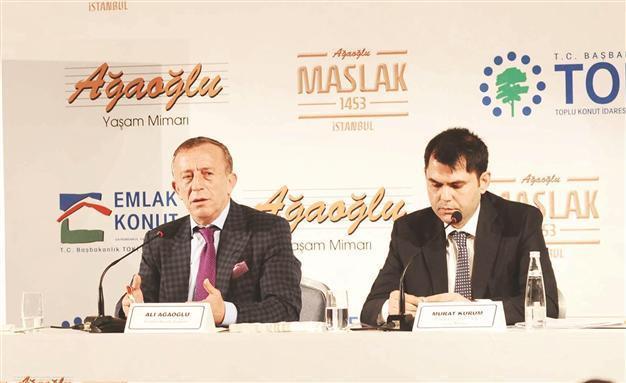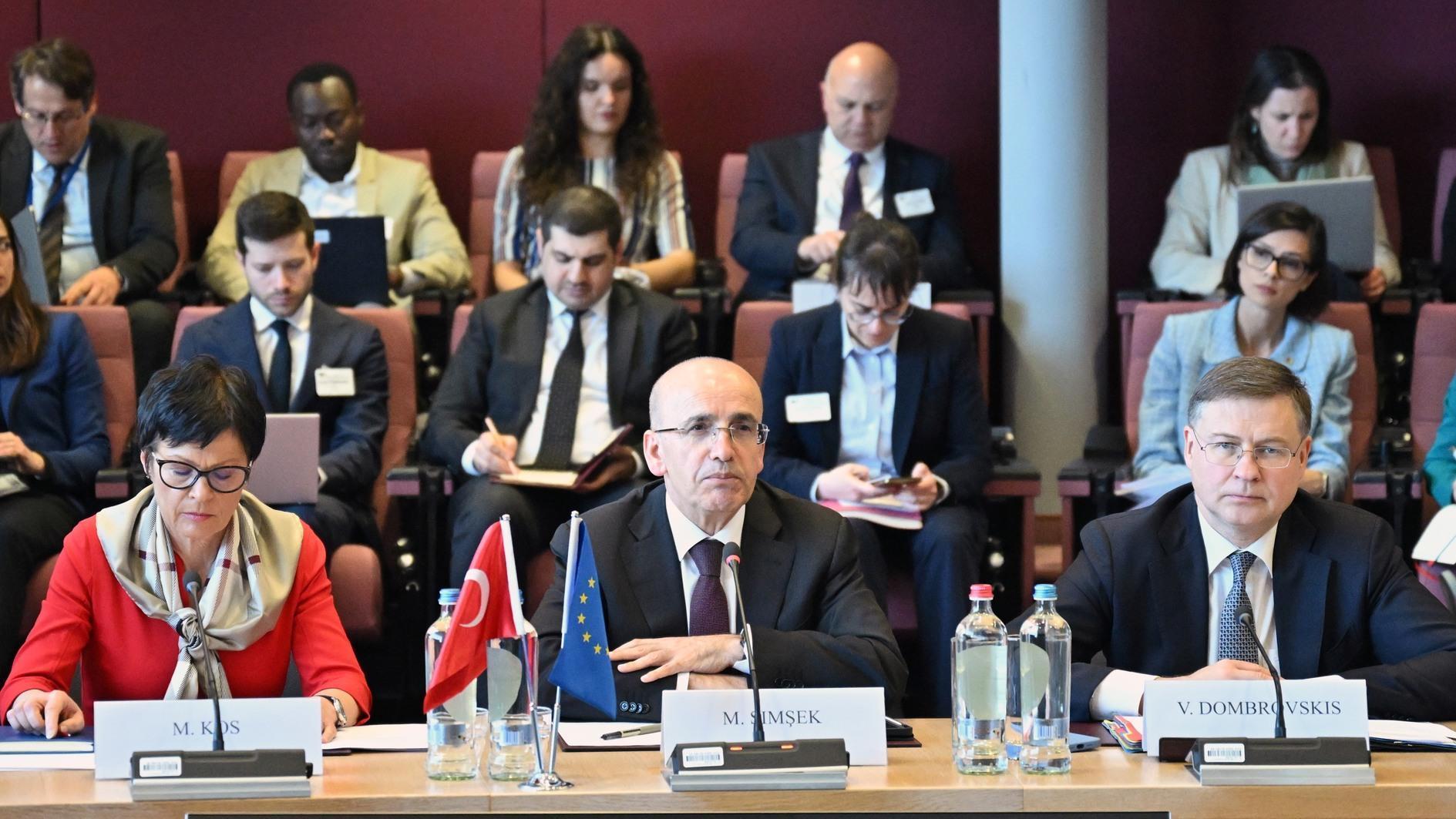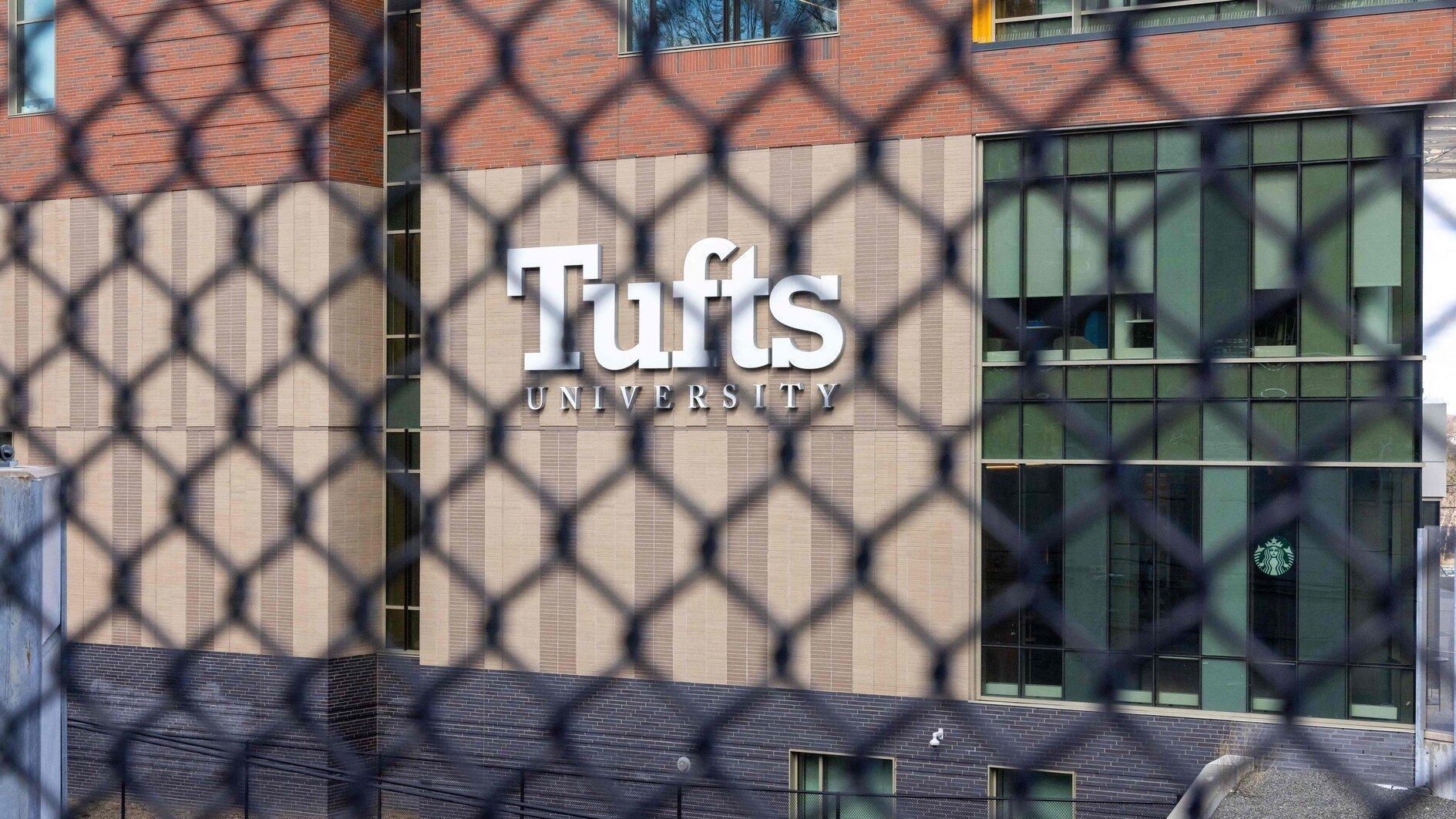Housing star beats crisis
ISTANBUL

The construction business of Ağaoğlu (L), the real estate sector’s highest flyer, seems to be unfazed by the euro crisis thanks to the domestic economy.
Ali Ağaoğlu, one of the highest flyers in the Turkish real estate industry, said yesterday in a press meeting that 2,100 apartments of a controversial 2,700 apartment project known as Maslak 1453 have been already been sold, even though building has not started yet.Ağaoğlu’s large construction business seems to be unaffected by the euro crisis thanks to the domestic economy - which is still growing, although at a much slower rate than last year - and a recently enacted regulation to ease foreigners to acquire real estate in Turkey.
Some 1.2 billion Turkish Liras are deposited in the accounts of state-run Emlak Real Estate Investment Company, Ağaoğlu said.
The plot is owned by Emlak, which has a 35 percent share in Maslak 1453 project, the general manager of Emlak, Murat Kurum, said at the press meeting. “There is no forward sale, all is paid in advance,” he said.
The Turkish government’s urban transformation policy and the new reciprocity regulation have heated up the construction sector, Kurum said, adding that the number of countries whose citizens or firms were eligible to acquire property in Turkey had increased to 180 from 56.
“[The number of property] sales to foreginers hit 500 in 2012. A total of 144 foreigners have closed sales in this [Maslak 1453] project so far,” he said.
The name of the project refers to the district of Maslak and the year that Constantinople was conquered by Ottoman Turks: 1453.
Touching on his recent meeting with Prime Minister Recep Tayyip Erdoğan, Ağaoğlu said the meeting was held to invite him to an event in Dubai, where the project was being showcased. He denied demanding any help from the prime minister regarding his construction projects.
T.V. commercials showing Ağaoğlu on horseback in the Fatih Forest, near to where the new construction is planned, received an environmentally-sensitive reaction, with many claiming that Istanbul’s shrinking forestland was taking another hit. The forest itself also became a of matter controversy after the Urban Planning Ministry canceled Ağaoğlu’s authorization to run the forest area neighboring Maslak 1453.
But Ağaoğlu, a flamboyant figure with his multi-million lira luxury car collection, denied allegations that trees had been chopped down in plotting the construction project.
“There were three or four plane trees, which were removed by a machine and re-planted,” he said, according to Anatolia news agency.
Replying to allegations that the slope in the plot prevented construction and partly included a waterbed, Kurum said the construction project had been approved by Istanbul Technical University and that necessary measures had been taken.
However, alarming data disclosed in the first half of the year by associations in the sector cloud the glitter of large projects such as Maslak 1453.
The data shows that the construction sector is losing momentum, and that it registered nearly 0 percent growth for the first time since 2009, head of the Construction Materials Industrialist Association (İMSAD) Hüseyin Bilmaç said in September. The construction sector grew by just 0.4 percent in the second quarter, he said.
“Growth in the construction industry in Turkey came to a halt in the second quarter. The construction industry has been affected by efforts to slow the economy down,” said Real Estate Investment Trust Association (GYODER) President Işık Gökkaya in September.
The quarterly turnover in construction decreased by 1.2 percent year-on-year in the second quarter of 2012 compared to the same quarter of the previous year, according to a report from the Turkish Statistical Institute (TÜİK).
















